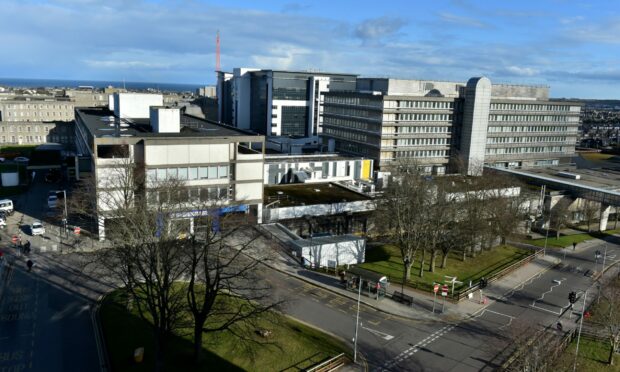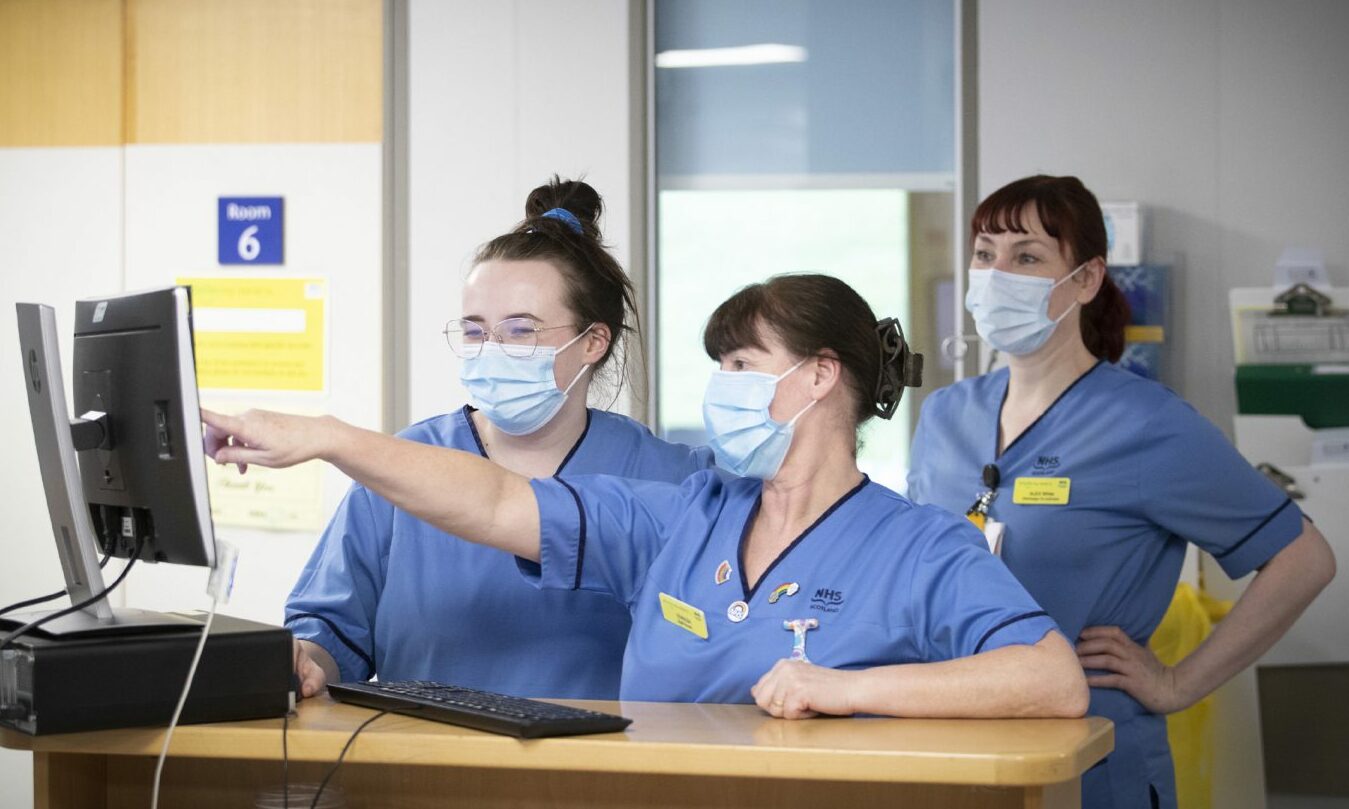Staff wages, inflation and energy bills could leave NHS Grampian making difficult decisions to ease a £71 million black hole next year.
The authority’s board has been presented with a range of financial possibilities, with even the best-case scenario leaving it £46m in the red.
It’s been warned not to enter a “race to the bottom” when it comes to cost-cutting, with chiefs pledging to prioritise patients, staff and treatment.
How are NHS Grampian’s finances looking?
A meeting of the NHS Grampian board this morning was told it’s on track to log a £20m overspend by the end of this year.
This will require Scottish Government help, with the sum to be repaid later down the line.
Looking ahead to 2023, it’ll start the next financial year with a £41.5m deficit from the off.
On top of this, it’s facing more than £40m in “new pressures” such as increased wages for staff:
- Pay (Agenda for Change/ Medical and Dental): £11.4m
- Non-pay (Hospital drugs, inflation, energy, rates): £21.8m – £22.2m
- Other (Anchor Centre, 22/23 developments, HEPMA prescribing, national services): £6.9m
Finance director Alex Stephen explained: “Like the additional costs many of us are facing in our private lives, the NHS is also seeing costs rising rapidly in relation to heating, food, medicines and other non-staffing costs.”
What happens next ultimately depends on the Scottish Government and its budget later this month.
Health board finance chiefs laid out a series of possible options, depending on how much funding they could receive next year.
Their current estimate is based on a 2% increase, with similar rises for pay awards and savings made – resulting in a £58.4m deficit.
The other ends of the scale focus on 1% and 3% changes – ranging from £46m to £71m.
‘Not about a race to the bottom’
Employee director Steven Lindsay told the board: “It shouldn’t be about a race to the bottom, or doing things on the cheap.
“They’re certainly going to be a stretch and challenging.
“Anyone with organisational member of NHS Grampian knows it’s incredibly difficult to actually reduce costs, particularly with terms and conditions as they are.”
He said the ongoing pay dispute with nursing staff is also creating uncertainty.
“In years gone by, people would start making negotiations well before the financial year,” he added.
“We’re at month nine for this year, and goodness only knows when we’ll get round to discussing the pay situation for next year.”
‘Risk-averse’ amid cash uncertainty
Meanwhile, assistant finance director Alan Sharp said the board can no longer rely on “non-recurring” funding – top-ups and extra cash they might have become accustomed to receiving.
“This year, for the first time, a lot of our normal elements are reducing in some shape or form as the government has reprioritised funding to meet things like the pay award offer,” he said.
“In the past we might have said ‘Well, we’ve had that funding for a number of years now, it’s likely it’s going to happen again’.
“That’s now no longer the case.
“So we’re probably becoming more risk averse around making permanent commitments against non-recurring funding.”


Conversation